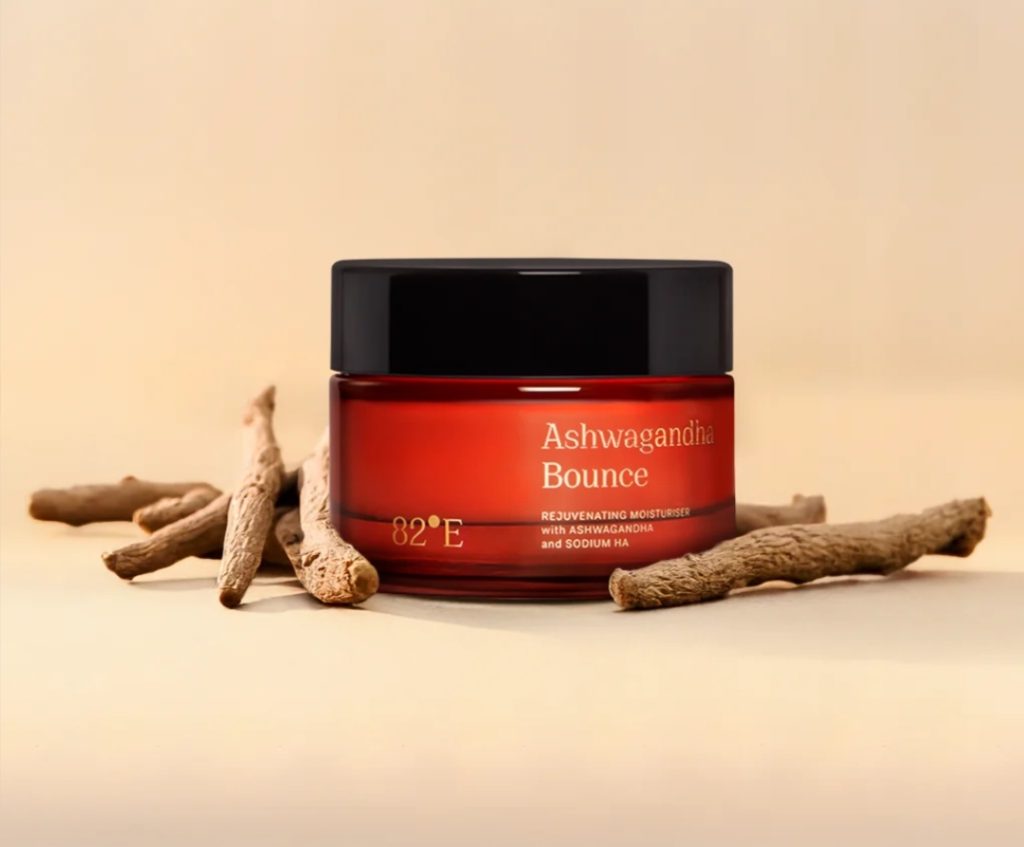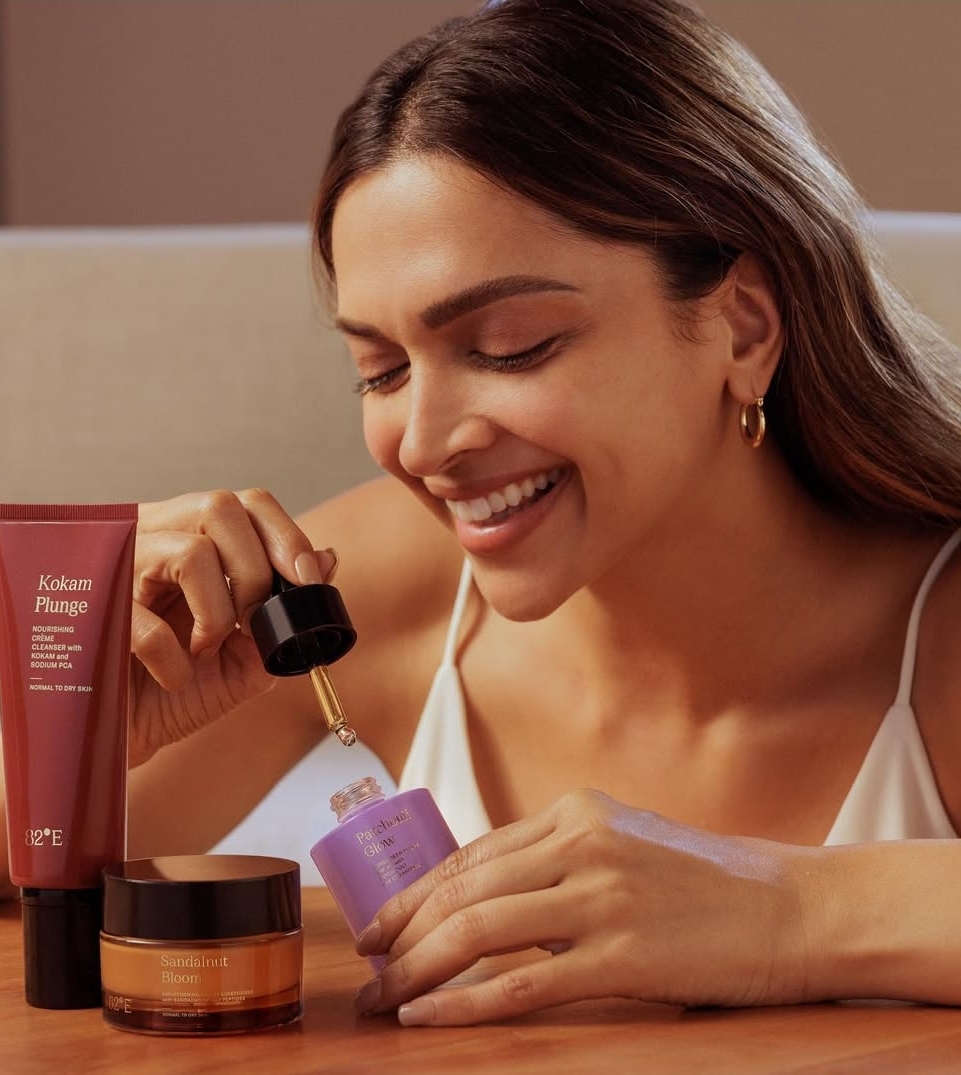Celebrity Deepika Padukone Status Couldn’t Overcome Fundamental CX Missteps
Deepika Padukone launched 82°E with ambitious plans to revolutionize Indian self-care practices globally. However, the brand recorded a staggering ₹25.1 crore EBITDA loss during FY24’s first nine months. Moreover, this failure highlights critical customer experience gaps that celebrity endorsement couldn’t bridge.
The Bollywood superstar’s 80 million followers initially generated significant buzz around the skincare venture. Nevertheless, follower count doesn’t automatically translate into loyal customers or sustainable business success. Consequently, 82°E’s struggles demonstrate how celebrity brands must prioritize customer experience over star power.
Deepika Padukone: Pricing Strategy Disconnected from Customer Value Perception
82°E positioned itself as a premium skincare brand with serums priced between ₹2,700 to ₹3,900. Additionally, moisturizers commanded ₹2,700 for just 50ml of product content. However, this pricing strategy failed to consider customer expectations for premium beauty products.
Customers expect extraordinary experiences when paying five times more than mass market competitors. Subsequently, 82°E needed to deliver exceptional value propositions justifying these premium price points. Unfortunately, the Deepika Padukone brand couldn’t articulate compelling reasons for customers to invest significantly.
Furthermore, Indian consumers demonstrate price sensitivity even within premium beauty segments. Therefore, brands must carefully balance pricing with perceived value to maintain customer loyalty. Consequently, 82°E’s pricing alienated potential customers who couldn’t justify the investment.
Deepika Padukone: Absence of Hero Products That Define Brand Identity
Successful luxury brands typically build empires around iconic hero products that customers instantly recognize. For instance, Estée Lauder established dominance through their revolutionary Advanced Night Repair serum. Similarly, Forest Essentials commands premium pricing with their distinctive 24-karat gold Soundarya range.
Conversely, 82°E launched without a signature product that customers could associate with the brand. Additionally, removing Deepika’s celebrity association leaves little memorable about the product lineup. Thus, customers lack compelling reasons to choose 82°E over established competitors.
Moreover, hero products serve as brand ambassadors that communicate quality and effectiveness to potential customers. Subsequently, 82°E missed opportunities to create emotional connections through standout product experiences. Therefore, the Deepika Padukone brand struggled to differentiate itself in India’s crowded skincare market.
Digital-Only Strategy Ignores Premium Beauty Shopping Behaviors
82°E adopted an exclusively online distribution strategy that fundamentally misunderstood premium skincare customer preferences. Initially, this approach seemed cost-effective and aligned with digital commerce trends. However, premium beauty products require tactile experiences before customers commit to purchases.
Customers spending ₹3,900 on skincare products want to touch, smell, and test formulations beforehand. Subsequently, online-only strategies create barriers for customers seeking confidence in expensive beauty investments. Thus, 82°E eliminated crucial touchpoints that build trust and drive conversions.
Furthermore, premium skincare customers value personalized consultations and expert guidance during purchasing decisions. Additionally, high-end retail environments enhance perceived product value through luxurious shopping experiences. Consequently, 82°E’s digital-only approach reduced customer confidence in product quality.
Meanwhile, successful premium brands invest heavily in flagship stores and premium retail partnerships. Therefore, these physical touchpoints become essential components of comprehensive customer experience strategies. Subsequently, 82°E’s absence from premium retail spaces limited brand credibility significantly.
Lack of Clear Brand Positioning and Customer Communication
82°E struggled to communicate a clear brand identity beyond Deepika Padukone’s celebrity association. Initially, the brand promised to bring Indian self-care practices to global audiences. However, this positioning remained vague and didn’t resonate with target customer segments.
Customers couldn’t understand what 82°E represented or why they should choose these products specifically. Moreover, the brand failed to articulate unique benefits that justified premium pricing strategies. Subsequently, confused messaging diluted customer interest and purchase intent significantly.
Additionally, successful brands tell compelling stories that customers want to participate in emotionally. Furthermore, these narratives create communities around shared values and lifestyle aspirations. Conversely, 82°E’s messaging focused primarily on celebrity endorsement rather than customer benefits.
Therefore, customers couldn’t connect personally with the brand’s mission or values beyond admiring Deepika. Subsequently, this superficial connection proved insufficient for sustaining long-term customer relationships. Consequently, initial curiosity didn’t convert into repeat purchases or brand advocacy.
Customer Service and Support Gaps in Premium Positioning
Premium beauty brands must deliver exceptional customer service experiences that match their pricing strategies. However, 82°E’s customer support systems failed to meet elevated expectations of high-spending customers. Additionally, online-only operations complicated customer service delivery for complex beauty queries.
Customers investing thousands in skincare products expect personalized consultations and ongoing support throughout usage. Subsequently, generic customer service approaches disappoint customers seeking premium brand experiences. Therefore, 82°E’s service gaps reinforced perceptions of overpriced products without corresponding value.
Moreover, premium customers often require detailed product education and application guidance for optimal results. Furthermore, these educational touchpoints create opportunities for building deeper customer relationships. Conversely, 82°E’s limited customer education efforts left buyers uncertain about product usage.
Additionally, premium brands typically offer generous return policies and satisfaction guarantees for expensive products. However, restrictive policies signal lack of confidence in product performance to discerning customers. Subsequently, these policies create additional barriers for hesitant premium beauty shoppers.
Comparison with Successful Celebrity Brand Strategies
HRX demonstrates how celebrity brands succeed when star identity aligns perfectly with product positioning. Specifically, Hrithik Roshan’s fitness expertise directly supports HRX’s athletic wear and lifestyle products. Consequently, customers trust the brand because the celebrity genuinely embodies the product category.
Similarly, Kay Beauty succeeded because Katrina Kaif’s glamorous image perfectly matches innovative beauty product positioning. Additionally, the brand invested in accessible pricing and wide distribution strategies. Therefore, customers could easily experience and purchase products across multiple touchpoints.
Conversely, 82°E struggled to define what Deepika Padukone’s identity meant for skincare products. Furthermore, her versatile acting career didn’t establish specific beauty or wellness expertise. Subsequently, customers couldn’t understand why her endorsement justified premium pricing strategies.
Moreover, successful celebrity brands typically expand gradually while building customer trust through consistent experiences. However, 82°E launched with premium positioning without establishing credibility through accessible product offerings. Therefore, the brand alienated potential customers before building foundational loyalty.

Missing Emotional Connection and Community Building
Premium beauty customers seek emotional connections and aspirational experiences beyond functional product benefits. Initially, 82°E had opportunities to leverage Deepika’s inspirational journey and wellness advocacy. However, the brand failed to create meaningful emotional narratives around self-care practices.
Additionally, modern customers value authentic brand stories that reflect their personal values and aspirations. Furthermore, social media provides platforms for building communities around shared beauty and wellness interests. Conversely, 82°E’s marketing focused primarily on product features rather than lifestyle inspiration.
Subsequently, customers couldn’t envision how 82°E products would enhance their daily routines or self-image. Therefore, purchasing decisions remained purely transactional rather than emotionally motivated brand investments. Consequently, customer retention suffered due to weak emotional brand bonds.
Lessons for Celebrity Brand Customer Experience Success
82°E’s struggles highlight essential customer experience principles for celebrity-backed ventures in premium markets. Initially, brands must establish clear value propositions that justify pricing beyond celebrity association. Moreover, comprehensive customer touchpoints must support premium positioning through exceptional service delivery.
Furthermore, successful celebrity brands require authentic alignment between star identity and product category expertise. Additionally, gradual market entry strategies build customer trust before implementing premium pricing approaches. Subsequently, these foundations enable sustainable growth through genuine customer value creation.
Conclusion: Celebrity Power Requires Customer-Centric Execution
Deepika Padukone’s 82°E demonstrates how celebrity status alone cannot overcome fundamental customer experience failures. Subsequently, the brand’s ₹25.1 crore loss reflects disconnection from customer needs and expectations. Therefore, future celebrity ventures must prioritize customer experience excellence over star power marketing strategies.
Ultimately, sustainable brand success requires deep understanding of customer motivations, preferences, and shopping behaviors. Moreover, premium positioning demands exceptional experiences that justify elevated pricing through genuine value delivery. Consequently, 82°E’s struggles serve as cautionary lessons for celebrity entrepreneurs entering competitive beauty markets.

